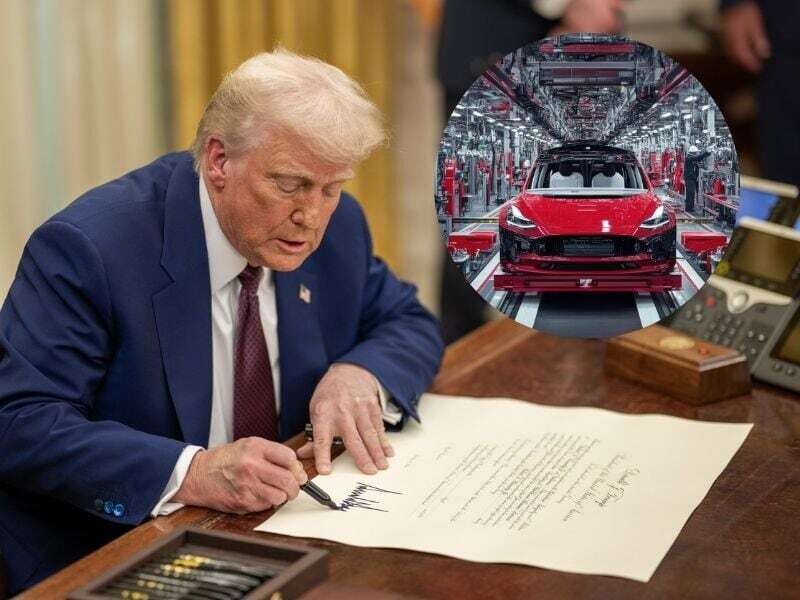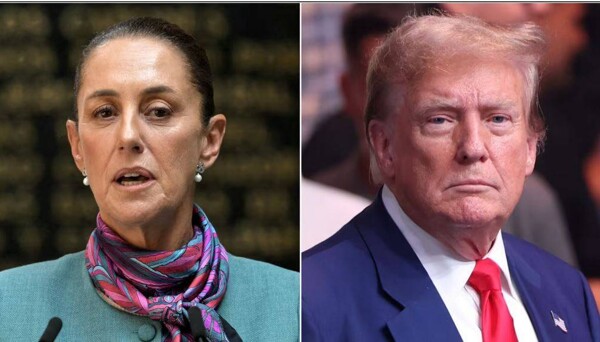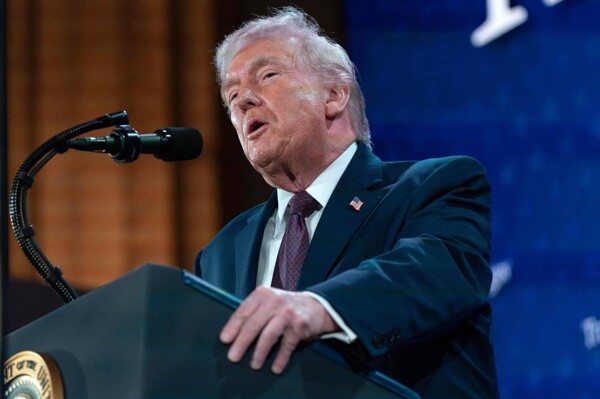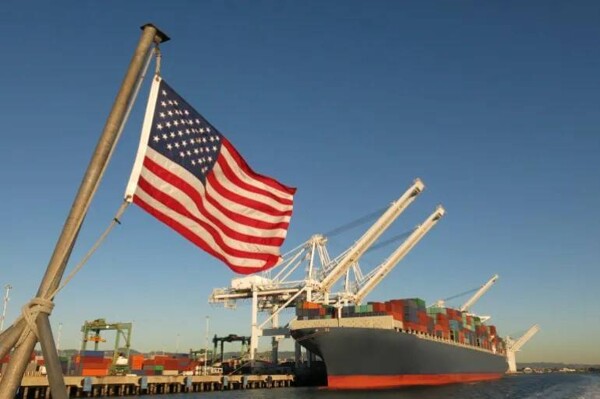
The President of the United States, Donald Trump, announced during a press conference that he plans to impose tariffs on automobiles, with a rate close to 25%, starting from April 2. This decision was announced by Trump on February 14, and according to his words, these tariffs will gradually increase over the course of a year with the aim of encouraging companies to have factories in U.S. territory.
In his statements, the president criticized the European Union, which he accused of maintaining unfair trade relations with the United States, creating a deficit of 350 billion dollars because they do not purchase American vehicles or agricultural products. Trump emphasized the necessity of changing this situation and expressed his confidence that it will happen.
A meeting is scheduled between U.S. officials and the European Trade Commissioner, Maros Sefcovic, to discuss the imposition of "reciprocal" tariffs by the United States on the European Union in the aluminum and steel sectors. The Secretary of Commerce of the U.S., Howard Lutnick, the trade representative, Jamieson Greer, and Trump’s chief economic advisor, Kevin Hassett, will participate in this meeting.
In response to these measures, the spokesperson for the European Union, Olof Gill, stated that while they are willing to seek mutually beneficial solutions, they are prepared to defend their legitimate interests when necessary.
Trump also mentioned that the tariffs will affect Mexico, a country that exports vehicles to the U.S. from multiple automotive plants. This decision would significantly impact the Mexican automotive industry, which constitutes about 4% of the national Gross Domestic Product and one-fifth of the manufacturing economy.














